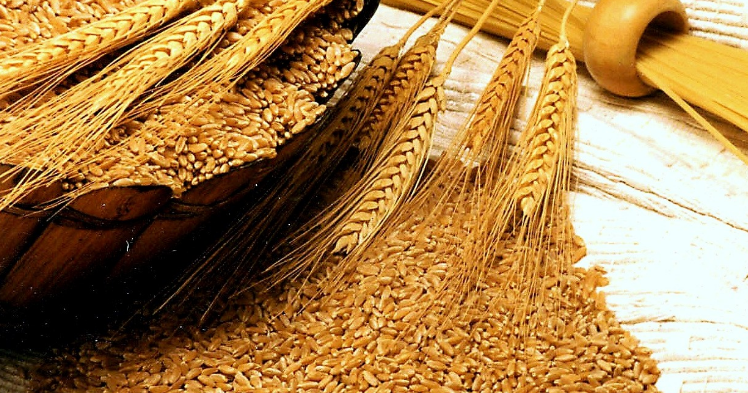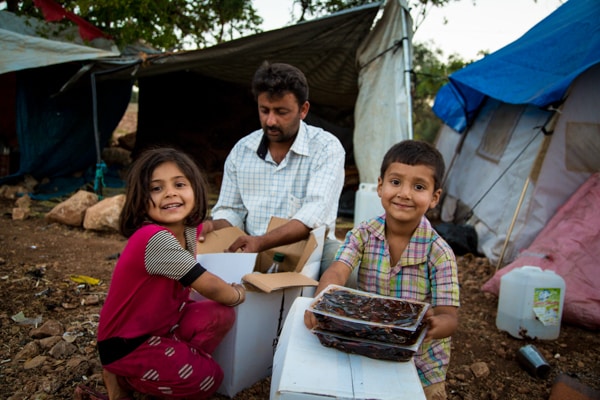As corona virus sustains its April around the globe, the U.N is fighting to overcome its negative repercussions on children, who are suffering new fitness risks, disruptions to their learning also increased vulnerability to domestic violence including hunger.
Some of the figures speak volumes about children’s vulnerability: School shutdowns now affect over 91 percent of the world’s students. Over 117 million children in 37 countries could miss out on life-saving measles vaccines, plus 30% of children globally who show signs of pneumonia are not taken to a health care provider.
Furthermore, of the approximately 31 million children worldwide who were forcibly displaced in 2018, 13 million were refugees, 1 million were soliciting asylum as well as 1 million were relocated within their lands by force as well as fight.
In a majority of countries, more than 2 in 3 children are subjected to hard discipline by caregivers. Millions are at heightened risk of harm, as their lives move frequently online while on lockdown during the corona virus pandemic.


Amid the major difficulties presented by COVID-19, the Organization is asking for hope as well as global solidarity to better protect children.
Education cannot close, was said by Audrey Azoulay, Director-General of the UN Educational, Experimental and Cultural Organization (UNESCO).
In acknowledgment of corona virus, UNESCO has started the Global Education Coalition to support countries in scaling up their best distance learning practices including giving children as well as youth who are most at risk.
Utilizing the campaign of LearningNeverStops, United Nations Educational, Experimental, and Cultural Organization is also calling on students, teachers, also parents to share their stories about how they are coping also continuing to learn, as a way to inspire others also gives hope.
Never before we have observed educational disruption on such a range, said Ms. Azoulay. “Partnership is the only way forward.”
For its part, the UN Children’s Fund (UNICEF) is rolling out various support programs.
UN Children’s Fund has identified several vulnerable situations facing children during the pandemic as well as is calling for swift global action in 6 areas.
The foremost step should be the global struggles that are required to have children strong. In the most affected parts of the world, children in need of basic services – to guard against pneumonia, malaria, and diarrhea, for instance – are at danger of not getting them. As health systems stretch, babies and kids will lose their lives to preventable causes.
Furthermore, efforts must be performed to reach vulnerable children with water, hygiene, and cleanliness. Some of the children are cut off from the before-mentioned resources because they live in remote areas or in areas where water is untreated or dirty. Others lack access to facilities because they are without a home, living in a slum or on the road.
Children must be protected from exploitation, violence, and abuse. As cities are confused, children already at risk of facing these threats will find themselves even more vulnerable. Economic and social turmoil will increase girls’ risk of pregnancy, early marriage, and gender-based violence. In isolation, children facing violence in the house or online will be farther from help.


The Inter-Agency Standing Committee Reference Group on Mental Health and Psychosocial Support in Crisis Settings issued a book name, My Hero is You.
This new storybook intends to help kids learn and come to terms with COVID-19, with the guidance of a fantasy creature. Ario explains how children can protect themselves, their families and friends from corona virus and how to handle complex emotions if confronted with a new and fast-changing truth.
Moreover, if you need any kind of help, Taaluq Foundation is here to serve you